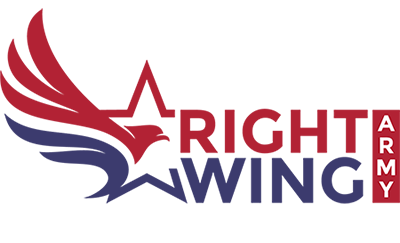Tucker Carlson Torches Elite Spin — Cuban Crumbles On Ukraine

A single question flipped the room and exposed a familiar divide. Personal responsibility met performative politics, and the audience knew exactly which side it favored.
Tucker Carlson and Mark Cuban appeared at the All-In Summit, a live event hosted by the “All-In” podcast team of Chamath Palihapitiya, Jason Calacanis, David Sacks, and David Friedberg. The conversation turned from business to Ukraine, and the tension went up fast.
Cuban took the stage first to talk health care and his cost-plus drug venture, plugged repeatedly as a fix for high prices. The URL even drew at least eight mentions in about fifteen minutes.
When Carlson sat down, he jabbed at the nonstop branding. “Where is the line? I mean, I can identify it: It’s at costplusdrugs.com,” he said.
Momentum shifted when Sacks—serving as the White House AI and crypto czar under President Trump—asked the question on many minds about foreign aid. “Were you in favor of that?” he asked Cuban, referring to sending money to Ukraine.
Cuban’s answer wavered. “Honestly, I don’t have a good answer,” he said. “I can make an argument both ways, and half my family is Ukrainian, from my grandparents. Personally, I think we should help, but I don’t have a studied answer for you.”
Carlson moved straight to the core. “How much money have you sent to Ukraine?” he asked. “None,” Cuban replied.
The follow-up landed even harder. “Oh, so what do you mean by ‘we’?” Carlson pressed. “You’re the one whose family’s from Ukraine. Like, why don’t you send them a billion dollars?”
Cuban answered with his focus. “Because I’m trying to fix health care,” he said.
Carlson didn’t let up. “Why don’t you fix their health care if you’re, like, so deep? If you think we need to help, why don’t you start? How about you first? I noticed that’s never even an option for anybody.”
The crowd broke into applause as the simplicity of the challenge sank in. Carlson added another blunt point. “It’s like, ‘We need to help!’” he said. “That’s not what charity is. Forcing other people to help is not charity. It’s vanity.”
Calacanis stepped in to change the subject, tossing off a joke that President Trump would turn a profit from the chaos in Eastern Europe. But the exchange had already framed the debate in everyday terms: before Washington spends your money, what are wealthy advocates willing to do with theirs?
The rest of Carlson’s time hit themes he’s pushed for years: Western population decline, immigration-driven replacement concerns, and the housing crisis that keeps young families from building a future. He also fielded hot-seat questions about anti-Semitism, Jeffrey Epstein’s role, and whether Vladimir Putin is a war criminal.
The clash drew its power from a principle at the heart of America First. Real charity starts with personal action, not compulsory checks written by taxpayers. And foreign aid should face tough scrutiny, especially when elites urge “we” to pay while they sit it out.
What happened on that stage was plain to anyone watching. A billionaire said he thinks “we should help” but admitted he hasn’t given, and a journalist asked why other people should be forced to do what the advocate won’t. The audience picked a side with their applause.
That is how debates should work in a free country—facts, plain talk, and accountability. Keep asking the hard questions, keep the pressure on the powerful, and make sure American generosity serves American interests first.

